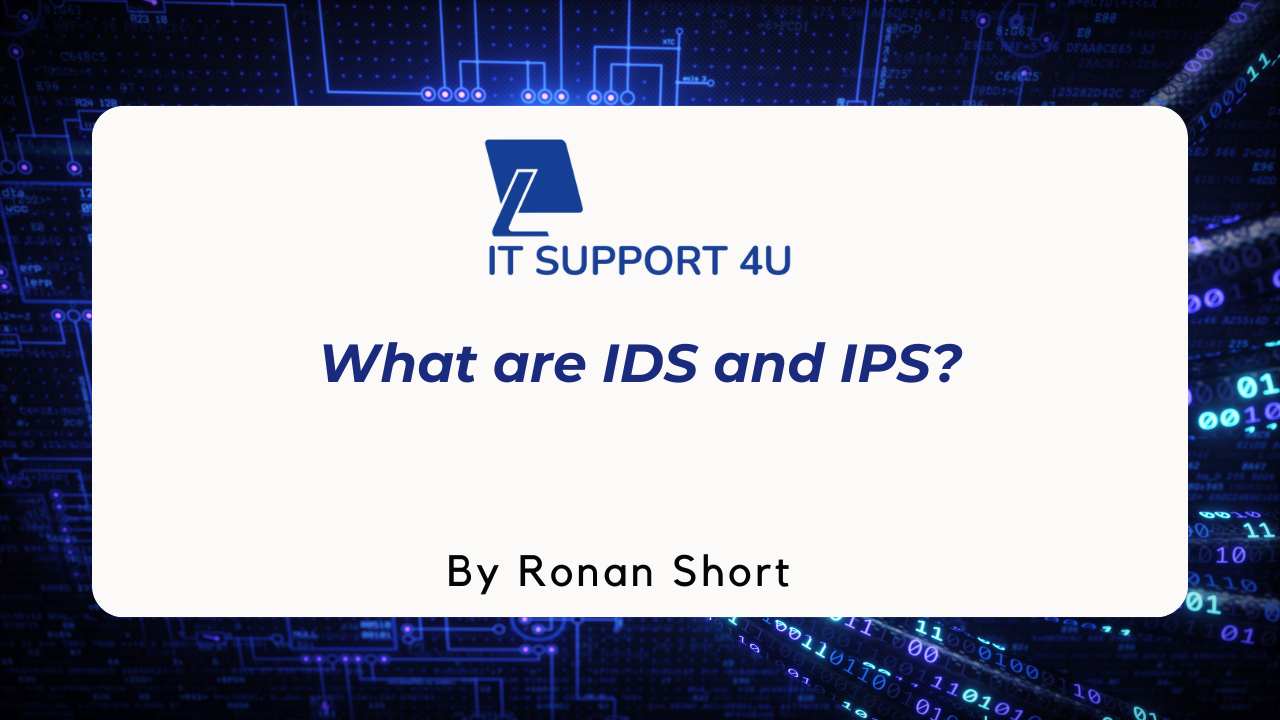In today’s rapidly evolving digital landscape, businesses increasingly leverage technology to streamline operations, boost productivity, and remain competitive. As a result, the decision between managed services vs cloud service providers has become an essential consideration for many organisations.
In this comprehensive guide, we will explore the key differences, advantages, and disadvantages of these two services, helping you make an informed decision for your business.
Understanding Managed Services and Cloud Service Providers
Before diving into the comparison between managed services and cloud service providers, it is crucial to understand the fundamental concepts behind each type of service.
What are Managed Services?
Managed services refer to outsourcing specific IT functions, processes, or infrastructure to a third-party provider. The managed service provider (MSP) manages, maintains, and monitors your IT infrastructure, including networks, servers, security systems, and applications. MSPs typically offer a range of services, such as network management, data backup and recovery, cybersecurity, and help desk support.
What are Cloud Service Providers?
Cloud service providers (CSPs) deliver computing resources, storage, and applications via the Internet. These services are offered on a subscription basis, allowing businesses to scale their IT infrastructure as needed. There are three primary types of cloud services: Infrastructure as a Service (IaaS), Platform as a Service (PaaS), and Software as a Service (SaaS).
Managed Services vs Cloud Service Providers: Key Differences
To better understand the distinction between managed services and cloud service providers, let’s explore the key differences between these two options.
Service Focus
Managed services are primarily focused on managing and maintaining an organisation’s existing IT infrastructure. This includes tasks such as monitoring and troubleshooting network issues, ensuring data backups, and providing cybersecurity solutions.
In contrast, cloud service providers offer a range of IT resources on a subscription basis, allowing businesses to access computing power, storage, and applications without investing in and maintaining physical hardware.
Deployment Models
Managed services typically involve working with an MSP to maintain your on-premises or hybrid IT infrastructure. This can include managing your data centre, servers, and network equipment. On the other hand, cloud service providers offer IT resources and services over the Internet, eliminating the need for organisations to manage their own hardware and software.
Customisation and Flexibility
Managed services offer high customisation and flexibility, as MSPs can tailor their offerings to meet your organisation’s unique needs. This can include providing specialised expertise, customised security measures, or bespoke applications. While offering scalability and flexibility, cloud service providers may not offer the same level of customisation, as their services are typically standardised across multiple customers.
Advantages and Disadvantages of Managed Services and Cloud Service Providers
Each option has its own benefits and drawbacks, which can influence your decision-making process.
Advantages of Managed Services
Expertise: MSPs possess the technical knowledge and experience to manage complex IT environments.
Customisation: Managed services can be tailored to meet your organisation’s unique needs and requirements.
Proactive Support: MSPs monitor your IT infrastructure around-the-clock to identify and resolve potential issues before they escalate.
Cost Savings: Outsourcing specific IT functions can reduce overhead costs associated with hiring and training in-house IT staff.
Disadvantages of Managed Services
Limited Scalability: Managed services may not offer the same level of scalability as cloud-based solutions, as they are often tied to physical infrastructure.
Vendor Dependence: Relying on an MSP can create vendor lock-in, making switching providers or bringing IT functions back in-house difficult.
Potential Security Risks: Outsourcing IT management can introduce additional security risks if the MSP’s security measures and practices are not up to par.
Advantages of Cloud Service Providers
Scalability: Cloud services offer unlimited scalability, allowing businesses to adjust their IT resources to meet changing demands easily.
Cost Savings: Pay-as-you-go pricing models allow organizations to pay only for the resources they use, reducing capital expenditures on IT infrastructure.
Flexibility: Cloud services can be accessed from anywhere with an internet connection, enabling remote work and collaboration.
Reduced Maintenance: Cloud service providers handle hardware and software maintenance, freeing up internal IT staff to focus on strategic initiatives.
Disadvantages of Cloud Service Providers
Limited Customisation: Cloud services are typically standardised across multiple customers, which can limit customisation options.
Security and Compliance: Storing data in the cloud can introduce security and compliance concerns, particularly for organisations in regulated industries.
Data Transfer Costs: Migrating large volumes of data to or from the cloud can be time-consuming and costly.
Final Thoughts
The choice between managed services vs cloud service providers depends on your organisation’s unique needs, resources, and priorities. By carefully considering the advantages and disadvantages of each option and evaluating potential providers, you can make an informed decision that best supports your organisation’s goals and objectives.
Get an IT Plan Today!













